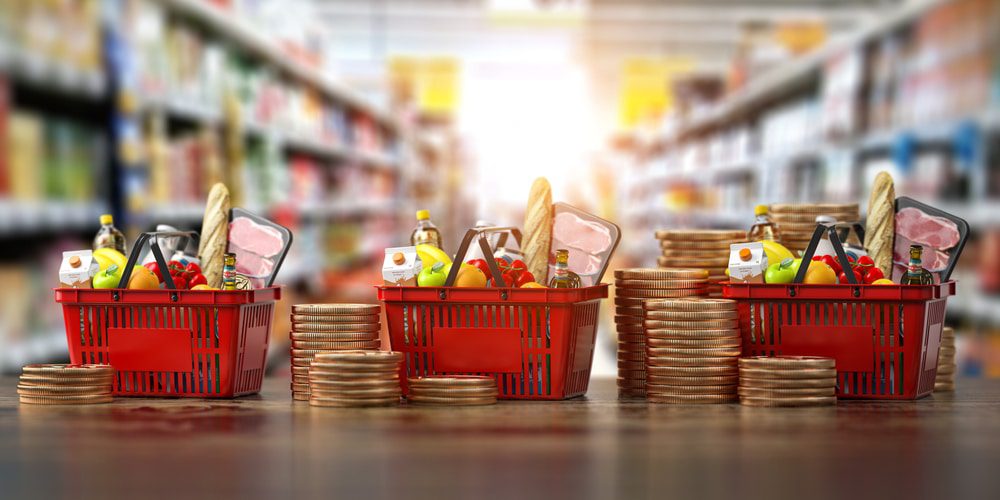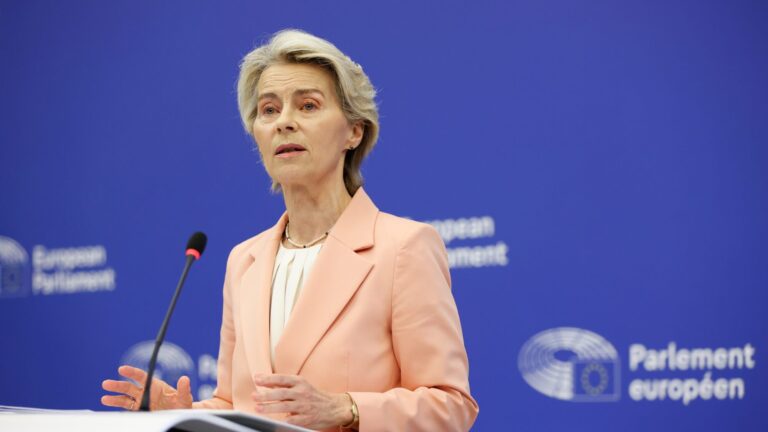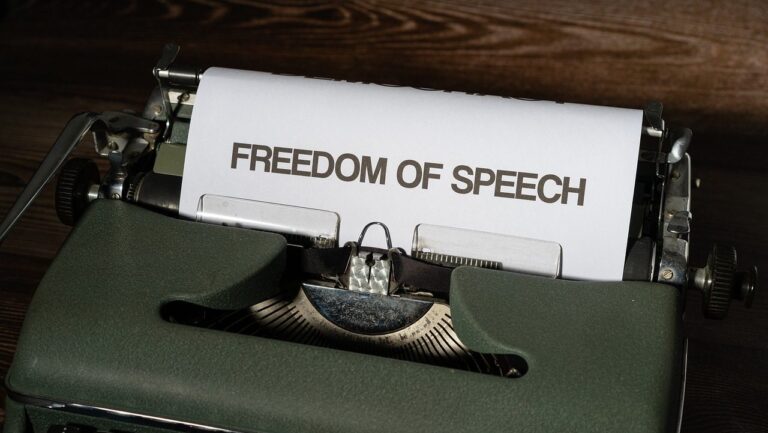In its flash estimate of euro-zone inflation for January, Eurostat reports that consumer prices in the currency area rose by 5.1% over January last year. This is up from 5.0% in December and 4.9% in November. In January 2021, annual inflation was 0.9% for the euro zone.
Inflation was higher in January than in December in 11 euro-zone countries and lower in 7 countries. Eurostat has no January estimate for Slovenia. Slovakia experienced the highest rise in the inflation rate, from 5.1% in December to 8.5% in January. Belgium experienced an increase from 6.6% to 8.5%.
The countries with lower inflation in January only saw a modest deceleration. In Luxembourg, inflation fell from 5.4% to 4.6%, while German inflation declined from 5.7% to 5.1%.
Lithuania leads the euro zone in terms of inflation, with prices rising at 12.2% in January. Only one more country, Ireland, saw double-digit inflation (11.7%) while another four countries had rates above 7%: Belgium (8.5%), Latvia (7.7%), Netherlands (7.6%), and Slovakia (8.5%).
Energy prices continue to be the strongest driver behind inflation. Eurostat reports the annual rise in energy prices across the euro zone at 38.6% in January, up from 25.9% in December. Food prices increased by 3.6%, marking the third straight month with higher inflation in this category. Food prices rose by 3.2% in December, 2.2% in November, and 1.9% in October.
Prices in the subcategory of unprocessed foods increased by 5.2% in January, after having risen by 4.7% in December and 1.9% in November.
The January inflation numbers from Eurostat differ significantly from the numbers in the European Central Bank’s forecast for the first quarter of 2022. The ECB predicts that for the first three months of 2022, euro-zone inflation will be 3.0%. With 5.1% in January, for their forecast to become reality, a sharp deceleration in consumer prices will have to take place in February and March.





